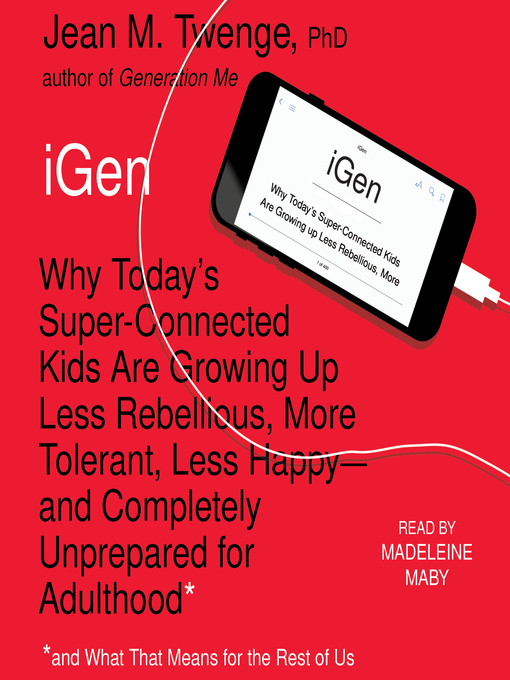- All eBooks
- Express Collection
- Non-fiction
- New kids additions
- New teen additions
- All-Access Comics
- See all
- All Audiobooks
- Express Collection
- New kids additions
- New teen additions
- Most popular
- Audiobooks for the Whole Family
- See all
- OverDrive Magazines
- Celebrity
- News & Politics
- Health & Fitness
- Cooking & Food
- Sports
- Lifestyle
- Tech & Gaming
- Family & Parenting
- Travel & Outdoors
- Fashion
- Gardening Magazines
- See all

